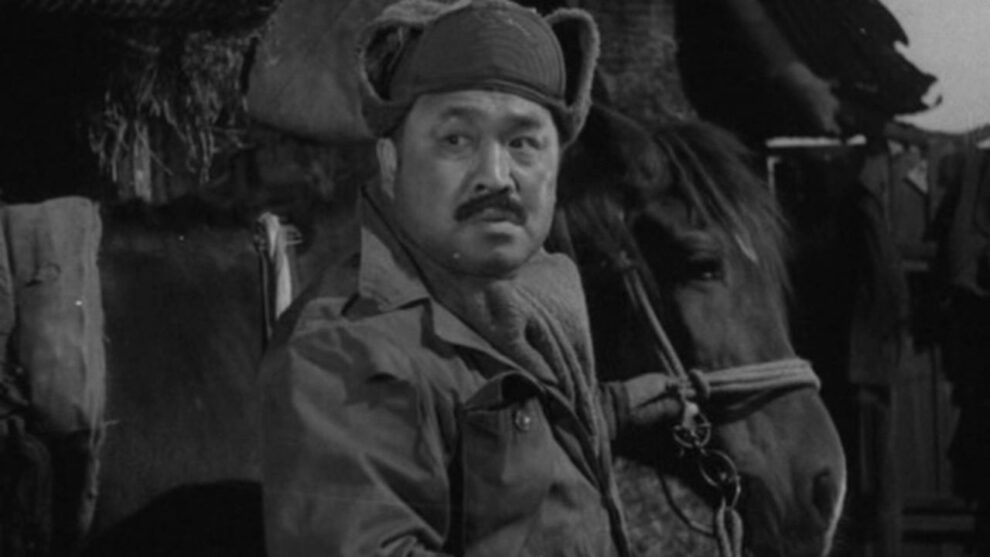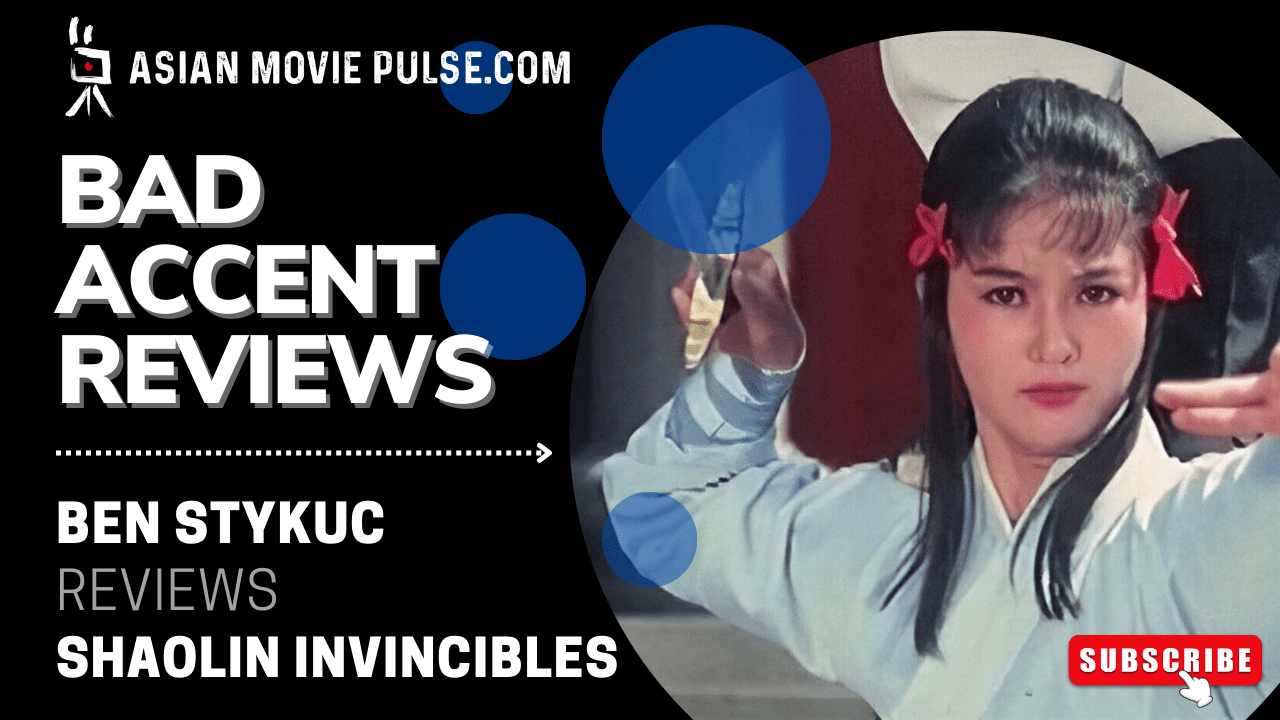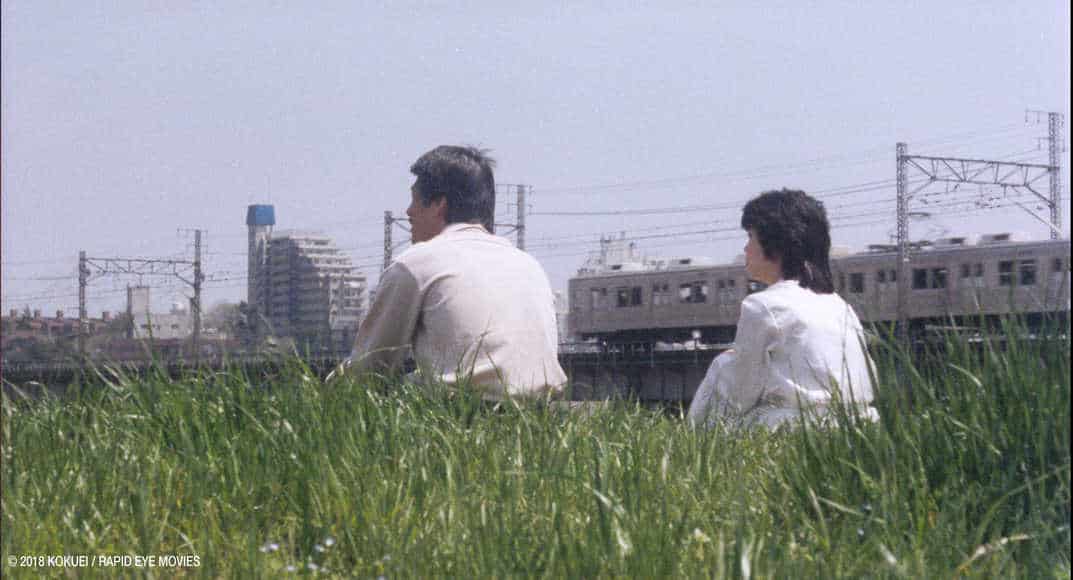While many have tried to tell a story about the struggles of everyday people, the workers, the salesman and the clerks, only a few have managed to make their story both authentic and have an emotional impact. Tales of the underclass especially have been at the very core of many artists' body of work, for example, Charlie Chaplin whose character of the Tramp is perhaps the most popular figure to embody the needs and the daily fights of people who, despite their hard work, cannot hope to rise to the level of the rich and the famous. Within the Korean film industry, directors such as Kang Dae-jin have also left their mark with stories such as “A Coachman”, a family drama depicting the life of a working class family and their various dreams of happiness and living their lives outside the vicious circle of poverty.
The Coachman is screening at Film At Lincoln Center, as part of the Korean Cinema's Golden Decade: The 1960s program
After the death of his wife many years ago, Ha Chun-sam (Ha seung-ho) has been taking care of their children. However, working as a coachman, he only makes very little money and because of his line of work he (as well as his family) are looked down upon by others. His eldest son Su-eob (Shin Young-kyun) aims to support his father by passing the bar exam and becoming a well-paid government worker. But since he has failed twice already, his self-esteem is quite low, and he feels this time might be his last try. Meanwhile, his younger sister Oh-hee (Um Aing-ran) wants to escape the reputation of being a “coachman's daughter” by getting into a relationship with a rich businessman, which demands her to hide her identity and her family.
With a large amount of debts on his back and worries for his family, Chun-sam does his best to make ends meet, although his health is not the best lately and one of his creditors has given him only a few days to come up with the money he owes. As the wife of his boss unexpectedly gives him some money and also agrees to go on a date with him, the single father hopes his troubles will come to an end soon.
Check also this interview
Kang Dae-jin offers an empathetic, but also often bitter look at the underclass of Korean society at the beginning of the 1960s. While there is an undeniable drive to look forward and forget about the country's post-war history, characters such as Ha Chun-sam and others feel like remnants of this past, trying to hold on to their set of values whereas the world around them has decided to move on and leave them behind. Much like Arthur Miller's Willy Loman, the protagonist believes in the importance of hard work, dignity and respect, which is why he tries to pass on these values to his children, with questionable success. “The Coachman” takes a look at the past, but also those left behind in a society moving forward and wanting to forget.
However, declaring Chun-sam the protagonist is perhaps not entirely true, as “A Coachman” follows the fates of all family members. Especially Oh-hee, Su-eob and Ok-nyuh (their deaf-mute sister) become the focus of attention, making Kang's feature an attempt to show a panorama of various themes such as the evolution of gender roles, the clash of generations and also the aforementioned tries to move forward and live independently. Jo Mi-ryeong's Ok-nyuk seems to represent the idea of innocence, a person standing in between, and by the way she is treated a reflection on the development of the other characters and their drive to rid themselves of the shackles of poverty. It is an emotional and gripping approach to a variety of themes, even if some of the moments, especially in the end, have a tendency for being overly sentimental.
In the end, “The Coachman” is a family drama about people struggling with poverty. Director Kang Dae-jin delivers an often quite poignant observation of post-WWII, Korean society and its structures, which is why his feature remains one of the most relevant for his home country's film industry during that decade.















